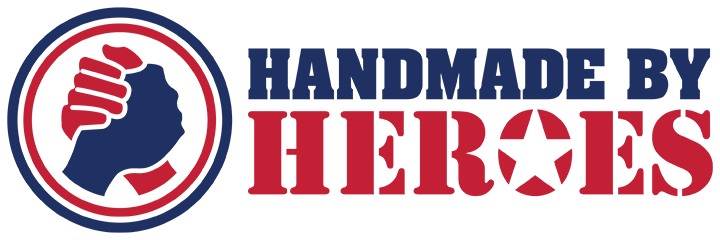Sizing Guide
GUIDE TO MEASURING YOUR WRIST FOR ADJUSTABLE BRACELETS

GUIDE TO MEASURING YOUR WRIST FOR BUCKLED BRACELETS

July 09, 2017

The Global War on Terrorism became a national priority ever since the Twin Tower attacks in September 11, 2001. And because of the Global War on Terrorism, many U.S. service men and women were assigned in Afghanistan, Iraq, and other parts of Middle East to help end terrorism. But what happens to these service men and women after their tour of duty is over? Yes, they come home and are greeted and honored as heroes that they deserve. But after all the accolades and hand shakings, these brave men and women are left with the same dilemma and health problems that most of us civilians will never know or experience. These are the combat related injuries.
The life of a service man that was exposed to life threatening combat situations when he was still in service can lead to traumatic events that can cause psychiatric problem like the Post Traumatic Stress Disorder (PTSD). A veteran who wants to transition from military to civilian life can have a difficult and challenging situation if he has PTSD. Returning service men and women who wants to go back to work in the civilian world can sometimes pose a problem if they are suffering from PTSD. So, it is best that if a former soldier has PTSD, the employers of these veterans and the other employees should be informed so that they can help these veterans transition and readjust to civilian life smoother and easier.
Here are the signs and symptoms if a returning veteran is suffering from PTSD. This was according to the pamphlet distributed by the American Legion 1.

The signs and symptoms include:
Not all service men and women suffer from PTSD upon returning home. So, as an employer and also as a coworker, never assume that all returning veterans have PTSD. Sometimes, it may take years before a veteran develops PTSD.
ACCOMMODATION INFORMATION
Not all returning veterans with PTSD need accommodations. In fact, most of them can do their respective jobs properly. But if a veteran needs accommodation, here are some suggestions that can help accommodate service members and veterans with PTSD.
When a veteran lacks concentration because of PTSD
When a veteran with PTSD have difficulty handling stress
When a veteran with PTSD have difficulty working with others
When a veteran with PTSD have difficulty showing appropriate emotions or controlling anger
When a veteran with PTSD is having Sleep Disturbance that affects his workplace performance
When a veteran with PTSD have an absenteeism or tardiness problem
When a veteran with PTSD have panic attacks at home or at work
By helping and accommodating returning service members and veterans with PTSD in the work place, we can also help them transition to civilian life much easier. And by letting these service members and veterans feel that we care about them is the best way for us to say thank you for the bravery and heroism that they showed in the face of danger just to keep the United States of America and us safe from the threat of terrorism.
Comments will be approved before showing up.
January 08, 2018
January 01, 2018
November 11, 2017 1 Comment
This section doesn’t currently include any content. Add content to this section using the sidebar.
This section doesn’t currently include any content. Add content to this section using the sidebar.


